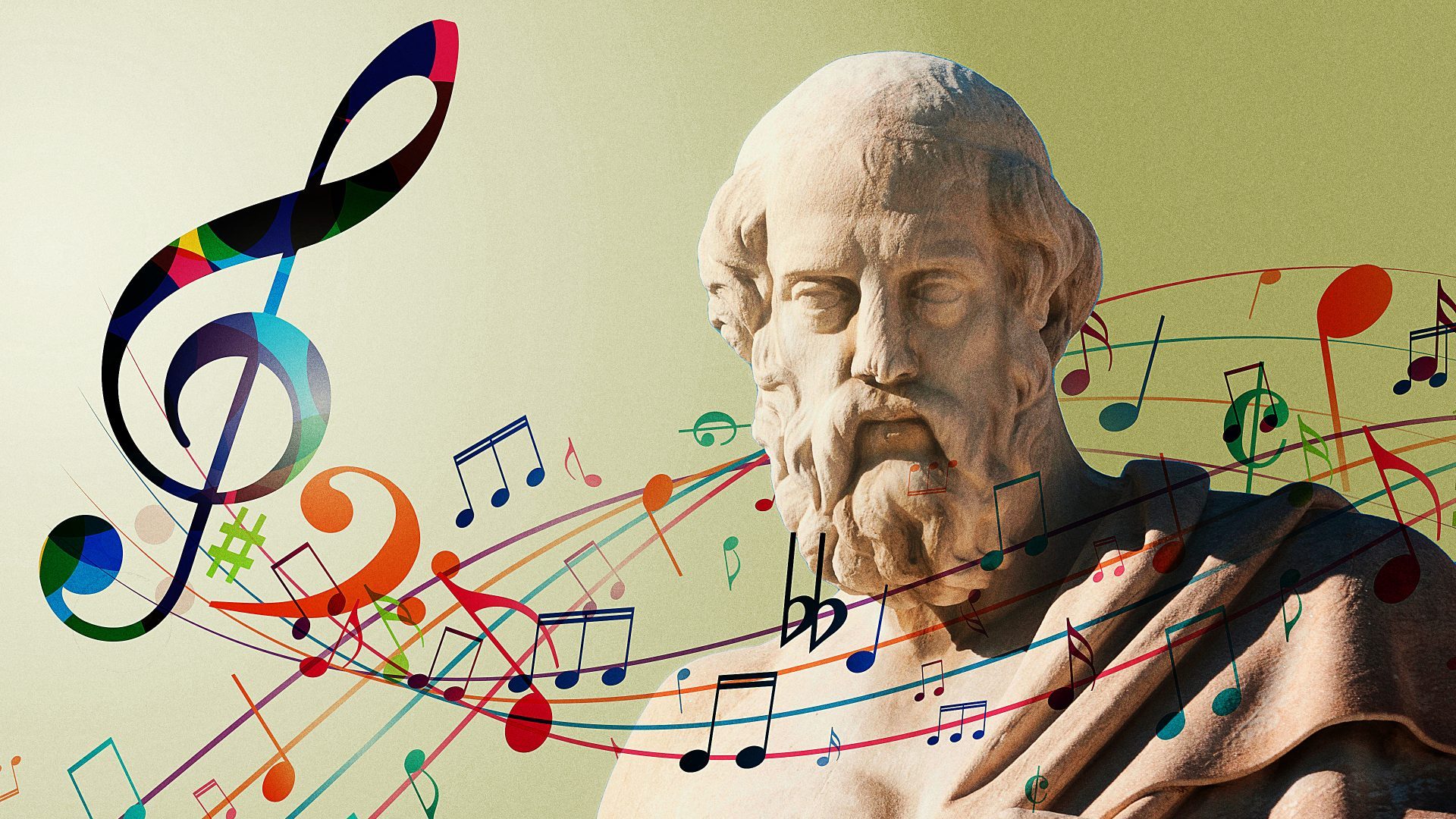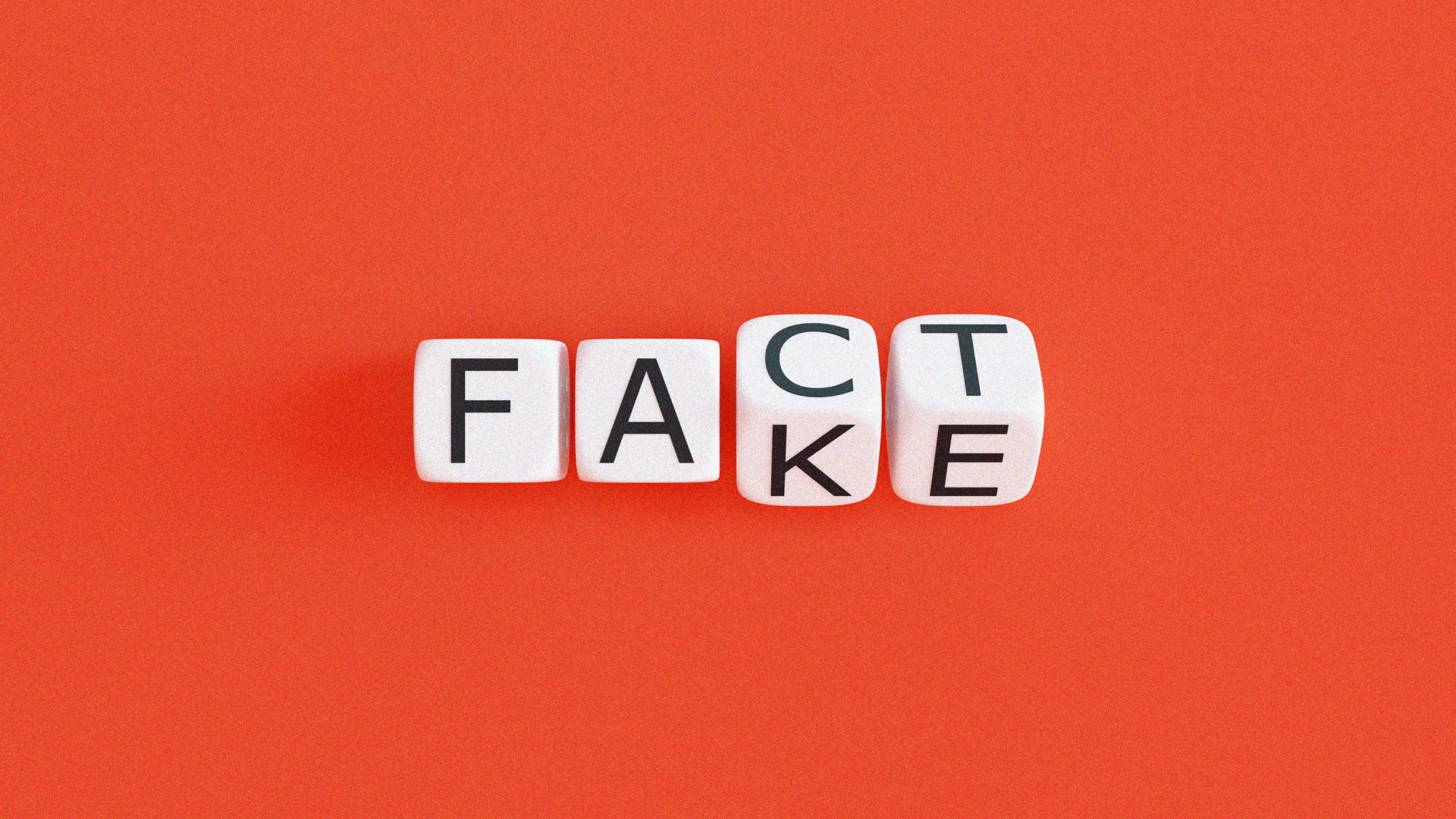Recently, at the ripe age of 34, I started learning the piano. I had no previous experience with the instrument, other than a lifetime of enjoyment as a listener. Although people have often told me that I have the “right fingers” to play, I never had the opportunity to learn as a child and I assumed that it was too late for me to start.
But one rainy afternoon in January, I looked at my partner’s keyboard and thought “Why not?” Surely this would be more rewarding than doomscrolling. A few YouTube tutorials later, I could already feel parts of my brain opening up in ways they hadn’t in a very long time.
This wasn’t just an impression. By monitoring our brain activity in real time, neuroscientists have found that we respond to music in a unique way: even when passively listening, music activates more areas of the brain than other activities.
Perhaps this is why, 200 years ago, the German philosopher Arthur Schopenhauer argued that music is different from other art forms: unlike painting or writing, which merely represent the world, He saw music as an immediate expression of “the will”, the driving force behind all existence. Music speaks to us more directly and therefore more powerfully than any other form of art.
Now researchers have discovered that the most remarkable brain activity occurs not when we listen to music, but when we play it. Performing music engages both hemispheres of the brain and mobilises virtually every part of the central nervous system. It draws on fine motor skills, executive function, sensory input, creativity, mathematical precision, linguistic ability, all working in concert (pun intended).
In that sense, playing music is the brain’s equivalent of a “full body workout”. Studies have shown that learning an instrument can enhance working memory, information processing, and verbal fluency skills in elderly people, and there’s growing evidence that it may even help reduce the risk of dementia.
Another German philosopher, Gottfried Wilhelm Leibniz, suggested that the pleasure of music lies in the fact that it is “a secret exercise of arithmetic where the mind is unaware that it is counting.” This, too, resonates with the modern understanding that our brains are highly active when we engage with music, and that pleasure derives from this partially unconscious activity.
Yet it’s also true that, as the theory behind music begins to reveal itself to the student, the experience can become even richer. Unlike textual or aesthetic analysis, which I often find can sap the enjoyment from paintings and poems, my still-superficial foray into music theory has only deepened my respect for the musicians I admire and heightened my enjoyment of what I now understand to be incredibly complex patterns.
But, beyond the daily brain workout, and a better understanding of just how insane Radiohead’s time signatures really are, the greatest benefit I have noticed from learning an instrument is the sense of calm it brings. Music as therapy has been shown to improve symptoms of depression and anxiety, and singing is even associated with lower cortisol levels. As someone who spends a lot of time in her head, it has been refreshing to find an activity that fully engages both mind and body. The piano has become a kind of mindful practice, through which my clunky attempts at melody drown out the stressful noise of the outside world.
Most of us know that playing music is beneficial – and let’s be honest, most of us who can’t play wish we could – so why are so many people hesitant to start learning in adulthood? I have already mentioned some of the obstacles, not least the misconceptions that we must overcome. While it is true that children’s brains are more malleable and therefore better at absorbing new information and skills, the idea that it is “too late” to start, is as misguided as the notion that someone needs the “right fingers” to learn an instrument.
Older brains still have plenty of plasticity and even small hands can find their way around a piano. The Covid lockdowns temporarily put an end to these pervasive myths, when many suddenly found the time to explore their musical urges. In fact, sales of music equipment rose by 80% in the UK during that period. I have found that while it is not always easy to make the time to practise, even just 10 minutes a day feels like an achievement.
Another obstacle that keeps many of us from picking up an instrument is a kind of impostor syndrome. Listening to music is something I enjoy deeply and value enormously, and many of the people I admire most are musicians.
Until recently, the piano had seemed like a beautiful and inaccessible mystery reserved for geniuses like Rachmaninov or Nina Simone. As a result, I struggled to see myself worthy of even trying. Of course, this all-or-nothing thinking is unrealistic and unhelpful, and I have to remind myself that you don’t have to be the best at something to enjoy it. In fact you don’t even have to be particularly good. There is a simple delight in feeling the muscle memory set in week after week, and in observing my own progress, no matter how slow.
In the Republic, Plato argued that music should be part of education because, if it was the right kind, it could cultivate moral character. While his views on the subject were a bit too rigid for my liking, I share the sentiment.
I earnestly believe that the world would be a better place if we all took the time to play music. That doesn’t mean we all need to be good enough to perform in public, and that’s fine. But our brains, and our overstimulated minds, will thank us for it.
Emily Herring is a freelance writer and editor based in Paris




